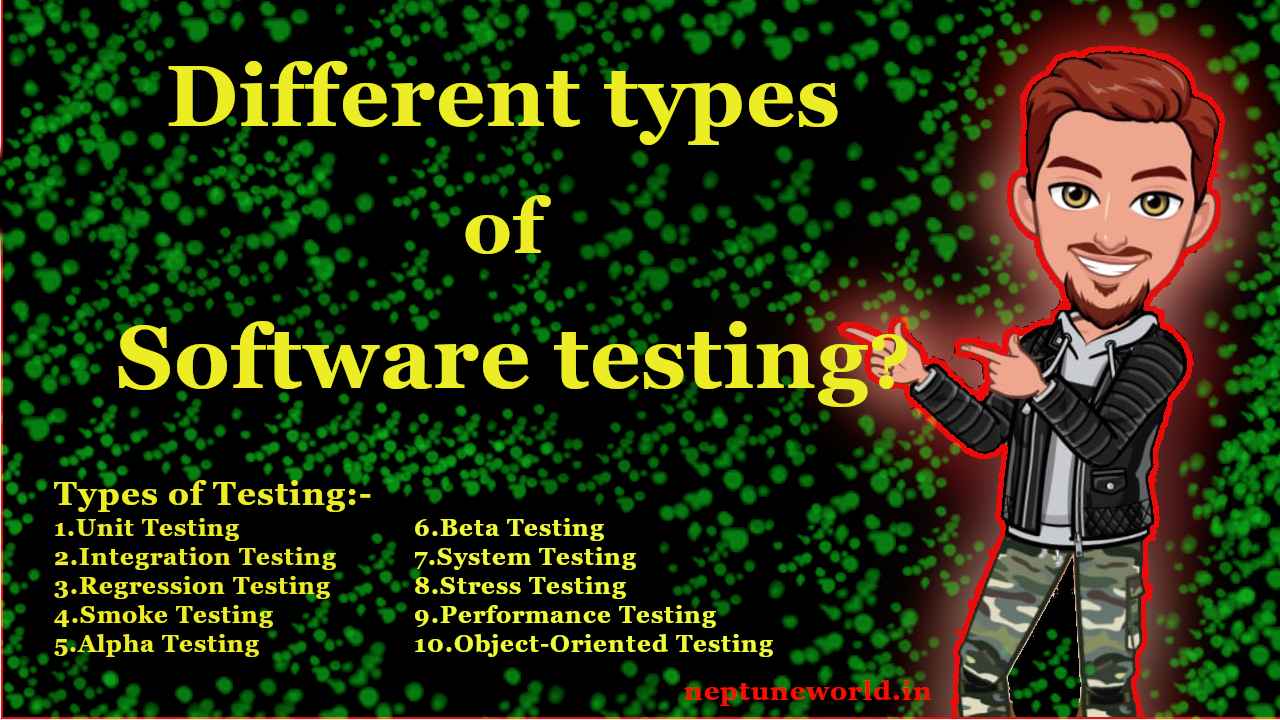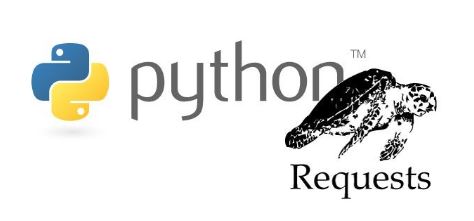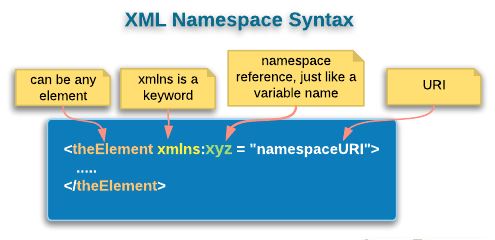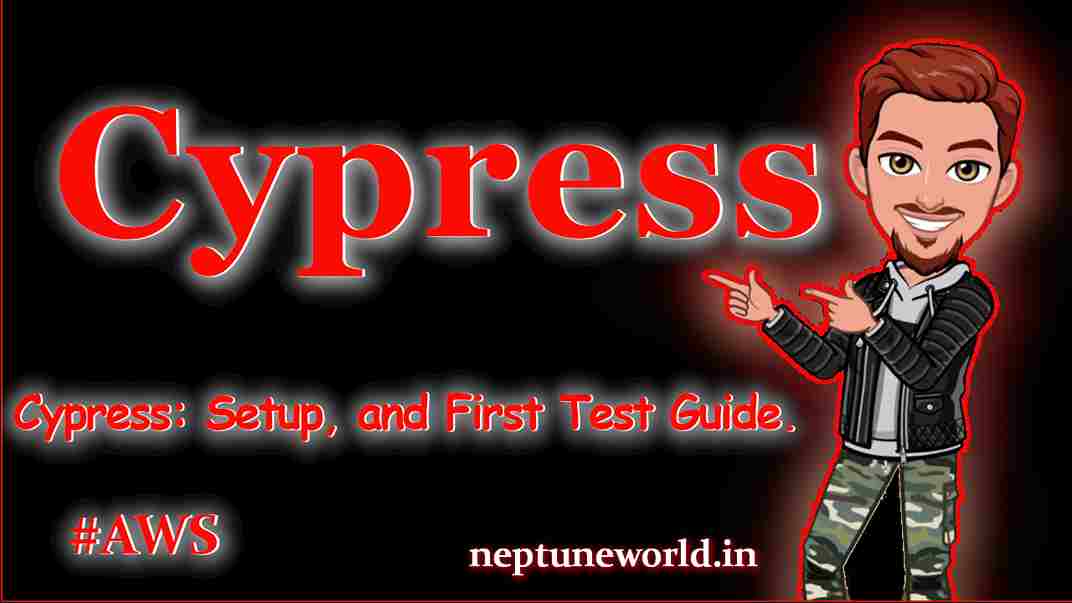5 Best Python Testing Frameworks.
Author: neptune | 12th-Apr-2023
Python is one of the most popular programming languages in the world, with a vast community of developers using it to build applications of all kinds. Testing is a crucial part of software development, and Python has a wide range of testing frameworks that can be used to ensure code quality and prevent errors.
In this article, we'll take a look at the top 5 Python testing frameworks that can help you create robust, reliable, and high-quality applications.
1. Pytest
Pytest is a popular testing framework for Python that is widely used by developers worldwide. It is easy to use and can be integrated with other testing tools, making it a popular choice for automated testing. Pytest supports testing of various types, including unit testing, functional testing, and API testing. It also supports test discovery, fixtures, and parameterized testing.
One of the key advantages of Pytest is its extensive documentation and a large number of plugins that can be used to extend its functionality. Pytest can also integrate with other Python tools, such as Django and Flask, and can be used for testing asynchronous code.
2. unittest
Unittest is a built-in testing framework in Python that is based on the xUnit testing framework. It is a powerful testing tool that supports unit testing, integration testing, and functional testing. Unittest comes with Python out-of-the-box, making it easy to get started with testing without any additional installations.
Unittest supports the creation of test cases, test suites, and test fixtures, making it easy to organise and manage tests. It also includes features such as test discovery and test runner, making it a versatile and reliable testing framework.
3. Nose
Nose is another popular testing framework for Python that is built on top of unittest. It provides additional features such as test discovery and test configuration, making it easy to run tests in a variety of environments.
Nose supports testing of various types, including unit testing, integration testing, and functional testing. It also supports plugins and can be extended to support custom test frameworks.
4. Robot Framework
Robot Framework is a generic testing framework that can be used to test various types of software, including web applications, APIs, and mobile applications. It is written in Python and uses a keyword-driven approach to testing.
Robot Framework supports a wide range of test libraries and can be integrated with other testing tools, making it a versatile and powerful testing framework. It also supports test automation and can be used for continuous integration and continuous delivery.
5. Behave
Behave is a testing framework that is specifically designed for behaviour-driven development (BDD). It allows developers to write tests in a natural language format, making it easy to understand and communicate with stakeholders.
Behave supports the creation of feature files, step definitions, and scenarios, making it easy to organise and manage tests. It also supports test automation and can be integrated with other testing tools, such as Selenium and Appium, for end-to-end testing.
In conclusion, Python has a wide range of testing frameworks that can be used to ensure code quality and prevent errors. Pytest, unittest, Nose, Robot Framework, and Behave are some of the top Python testing frameworks that can help you create robust, reliable, and high-quality applications. Depending on your requirements and preferences, you can choose the framework that best suits your needs and build better software.
#JavaScript #Python #Hackerrank #AI #Motivation #React.js #Interview #Testing #SQL #Selenium #LeetCode #Machine learning #IT #Problem Solving #API #Java #GPT #AWS #Algorithms #Certifications #TCS #Github #Projects #Jobs #Django #Microservice #Node.js #Google #Story #Pip #Data Science #Postman #Health #Twitter #Elon Musk #ML
 How to extract Speech from Video using Python?
How to extract Speech from Video using Python?Author: neptune | 16th-Jun-2023
#Python #Projects
Simple and easy way to convert video into audio then text using Google Speech Recognition API...
 Roadmap To Become Test Automation Engineer
Roadmap To Become Test Automation EngineerAuthor: neptune | 25th-Jun-2022
#Testing
When I was starting my journey in test automation, a lot of questions comes to my mind. Such as…. “From where do I start?” “Best tools to use?” “Which Programming language?” “How to plan your work?”...
 Selenium, Cucumber, JUnit, TestNG dependencies for Selenium project.
Selenium, Cucumber, JUnit, TestNG dependencies for Selenium project.Author: neptune | 02nd-Apr-2023
#Selenium #Testing
We guide you how to update the pom.xml file for Selenium Maven project...
 How to download video from youtube using python module ?
How to download video from youtube using python module ?Author: neptune | 15th-Jun-2023
#Python
We will let you know how you can easily download the Youtube high quality videos along with subtitle, thumbnail, description using python package..
 Deploy Django project on AWS with Apache2 and mod_wsgi module.
Deploy Django project on AWS with Apache2 and mod_wsgi module.Author: neptune | 18th-May-2024
#Python #Django
In this blog I use the AWS Ubuntu 18.22 instance as Hosting platform and used Apache2 server with mod_wsgi for configurations. We create a django sample project then configure server...
 5 Selenium Project Ideas & for Beginners in Automation Testing
5 Selenium Project Ideas & for Beginners in Automation TestingAuthor: neptune | 30th-Mar-2023
#Selenium #Testing #Projects
In this article, we will discuss 5 interesting Selenium project ideas for beginners in automation testing...
 Best Python package manager and package for virtual environment ?
Best Python package manager and package for virtual environment ?Author: neptune | 18th-Jun-2023
#Python #Pip
We will explore the options of Pip, Virtualenv, Anaconda, and also introduce Pyenv as a helpful tool...
 Mostly asked Python Interview Questions - 2023.
Mostly asked Python Interview Questions - 2023.Author: neptune | 30th-May-2023
#Python #Interview
Python interview questions for freshers. These questions asked in 2022 Python interviews...
 Core Python Syllabus for Interviews
Core Python Syllabus for InterviewsAuthor: neptune | 26th-Jul-2023
#Python #Interview
STRING MANIPULATION : Introduction to Python String, Accessing Individual Elements, String Operators, String Slices, String Functions and Methods...
 How to use wait commands in Selenium WebDriver in Java ?
How to use wait commands in Selenium WebDriver in Java ?Author: neptune | 22nd-Feb-2022
#Selenium #Testing #Java
We are going to explore different types of waits in Selenium WebDriver. Implicit wait, Explicit wait, and Fluent wait with examples...
 Python Built-in functions lambda, map, filter, reduce.
Python Built-in functions lambda, map, filter, reduce.Author: neptune | 15th-Jun-2023
#Python
We are going to explore in deep some important Python build-in functions lambda, map, filter and reduce with examples...
 Top 50+ Selenium Interviews Questions 2023 based on Years of Experience
Top 50+ Selenium Interviews Questions 2023 based on Years of ExperienceAuthor: neptune | 02nd-Apr-2023
#Selenium #Testing #Interview
Every interview difficulty is based on how many years of experience you have in that field. For the Selenium Automation Tester I have divided the question on the number of years of experience...
 How to reverse string in Python ?
How to reverse string in Python ?Author: neptune | 16th-May-2022
#Python
We are going to explore different ways to reverse string in Python...
 Different types of software testing ?
Different types of software testing ?Author: neptune | 27th-Jul-2022
#Testing #IT
Testing is the process to improve the performance of software. Examples: Unit, Integration, Regression, Smoke, Alpha, Beta, System, Stress Performance, Object-Oriented Testing etc...
 Python 3.9 new amazing features ?
Python 3.9 new amazing features ?Author: neptune | 26th-Jul-2023
#Python
Python 3.9 introduces new features such as dictionary union, string methods to remove prefixes and suffixes, type hinting, and speed improvements for built-in functions...
 10 Proven Ways to Earn Money Through Python
10 Proven Ways to Earn Money Through PythonAuthor: neptune | 11th-Apr-2023
#Python
Python offers numerous earning opportunities from web development to teaching, data analysis, machine learning, automation, web scraping, and more...
 5 Languages that Replace Python with Proof
5 Languages that Replace Python with ProofAuthor: neptune | 13th-Apr-2023
#Python
Julia, Rust, Go, Kotlin, and TypeScript are modern languages that could replace Python for specific use cases...
 Building a Simple Chatbot with Python and openpyxl
Building a Simple Chatbot with Python and openpyxlAuthor: neptune | 25th-Jun-2024
#Python #Projects
This chatbot reads questions and answers from an Excel file and provides responses based on user input...
 Monkey Patching in Python: A Powerful Yet Controversial Technique
Monkey Patching in Python: A Powerful Yet Controversial TechniqueAuthor: neptune | 01st-Aug-2023
#Python
Monkey patching in Python is a dynamic technique to modify code at runtime. It can add/alter behavior, but use it judiciously to avoid maintainability issues...
 Mostly asked Cucumber interview questions in selenium automation interviews.
Mostly asked Cucumber interview questions in selenium automation interviews.Author: neptune | 02nd-Apr-2023
#Testing
We are going to explore widely asked Cucumber interview questions in selenium automation interviews...
 Best Practices for Managing Requests Library Sessions When Interacting with Multiple APIs ?
Best Practices for Managing Requests Library Sessions When Interacting with Multiple APIs ?Author: neptune | 22nd-Aug-2024
#Python
When working with Python's `requests` library, managing sessions is crucial, especially when your application interacts with multiple APIs...
 How to Ensure Proper Namespace Handling in XML with Python's lxml Library
How to Ensure Proper Namespace Handling in XML with Python's lxml LibraryAuthor: neptune | 01st-Jul-2024
#Python
By using `lxml`, you can effectively manage XML namespaces and ensure that your XML structure remains intact during updates...
 How to Update XML Files in Python?
How to Update XML Files in Python?Author: neptune | 01st-Jul-2024
#Python
Handling XML files in Python is straightforward with the `xml.etree.ElementTree` module...
 Getting Started with Cypress: Advantages, Setup, and First Test Guide
Getting Started with Cypress: Advantages, Setup, and First Test GuideAuthor: neptune | 31st-Mar-2023
#Testing
Cypress is a powerful and easy-to-use testing framework that can help you test your web applications more efficiently...
View More